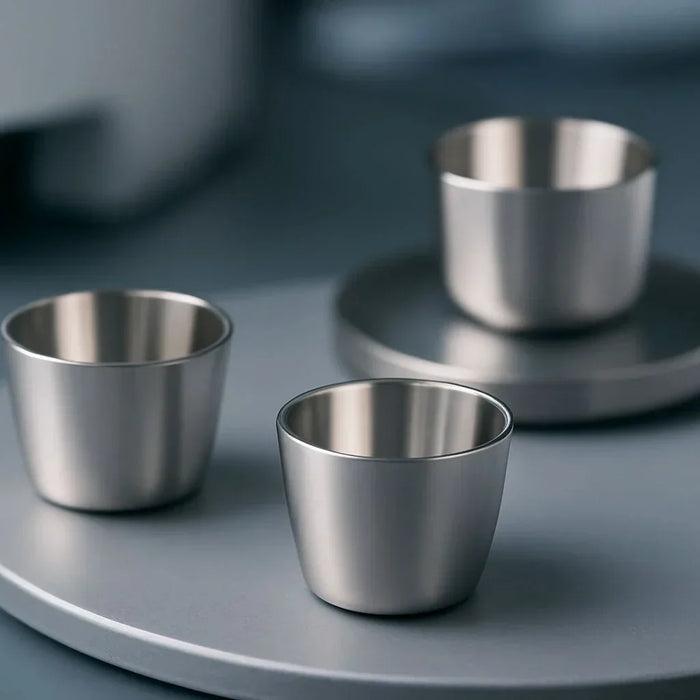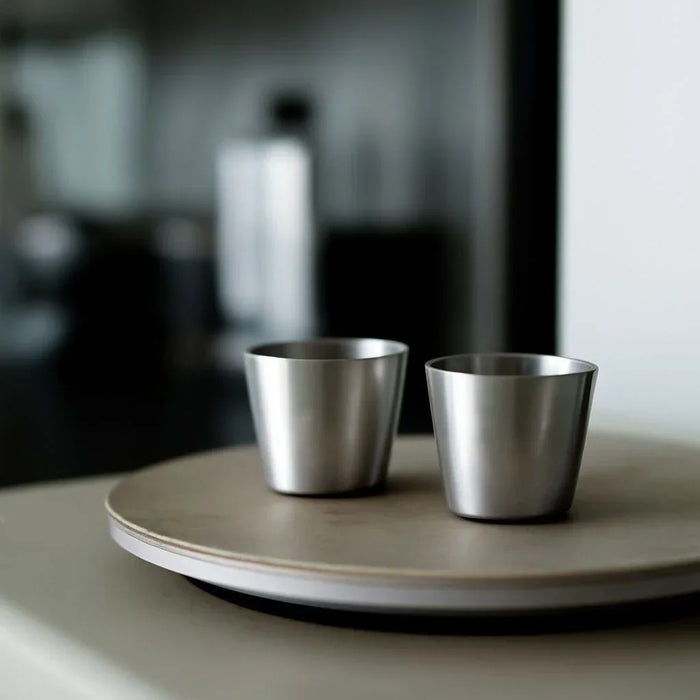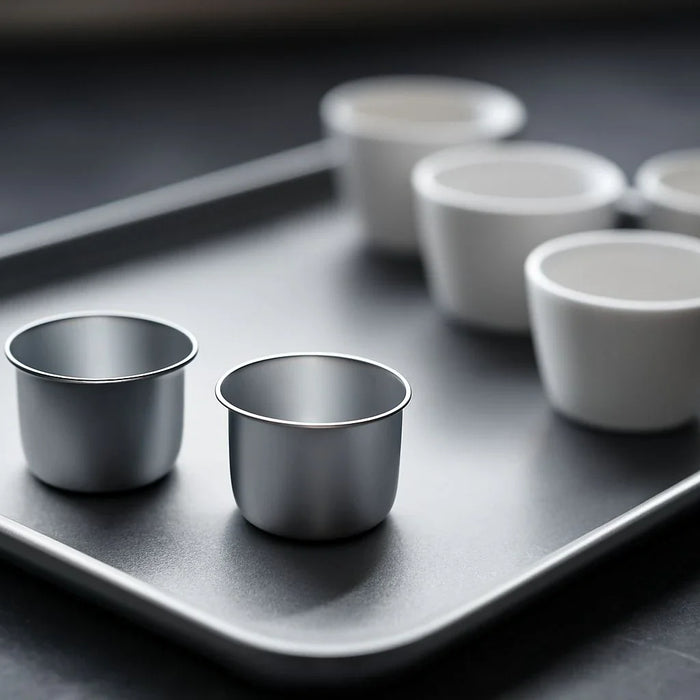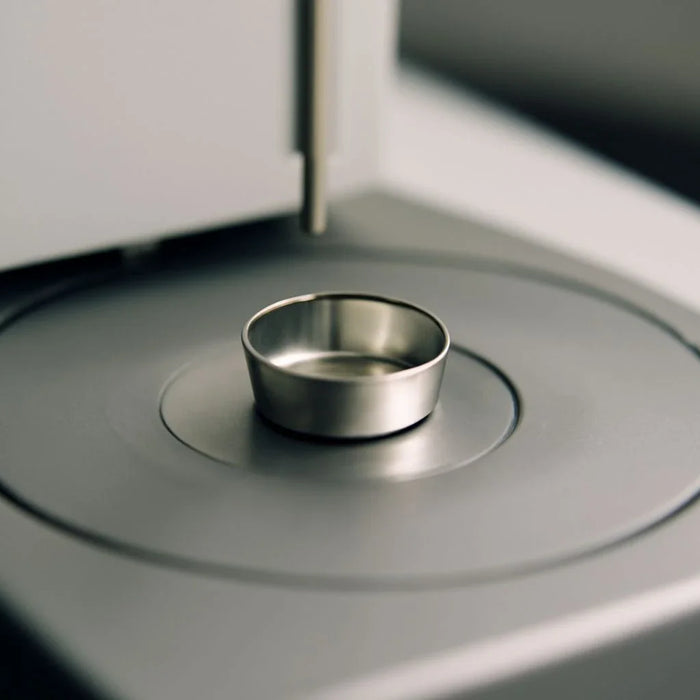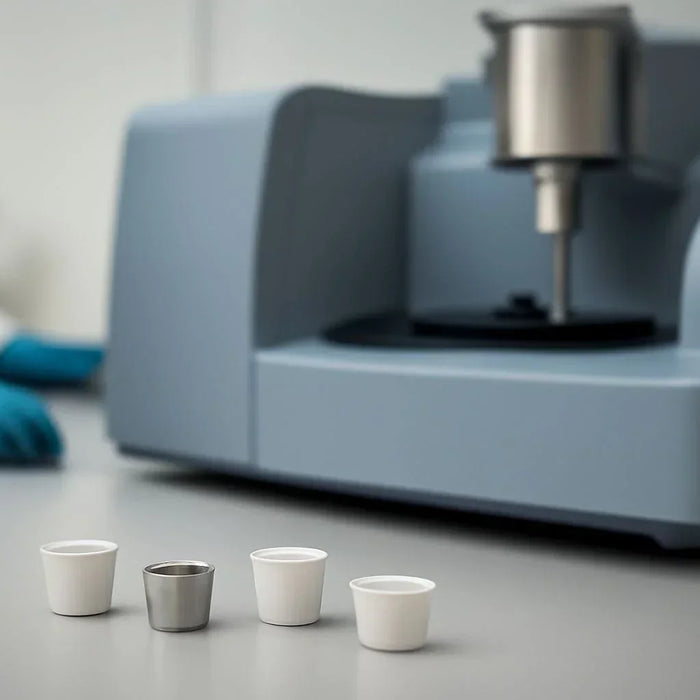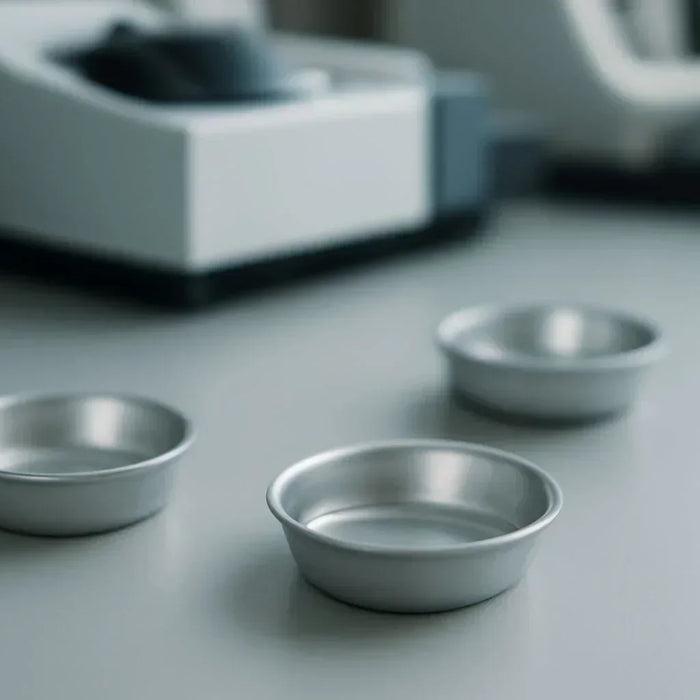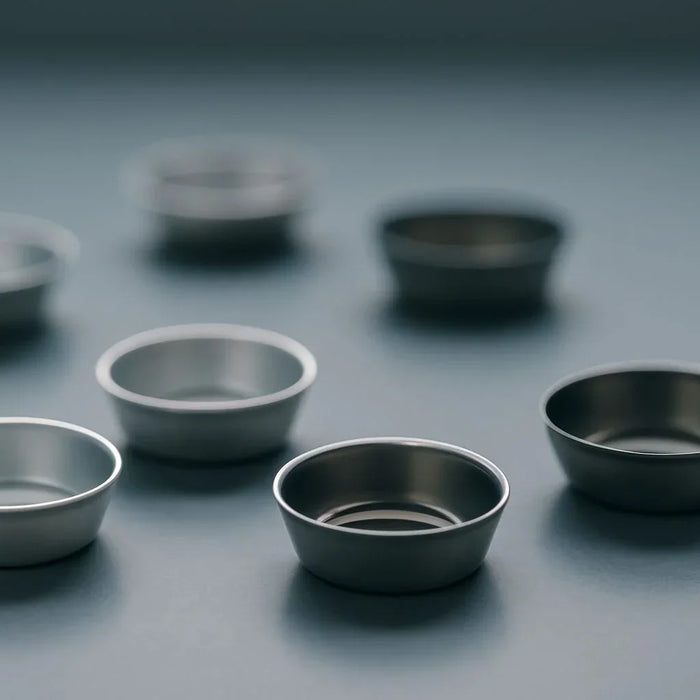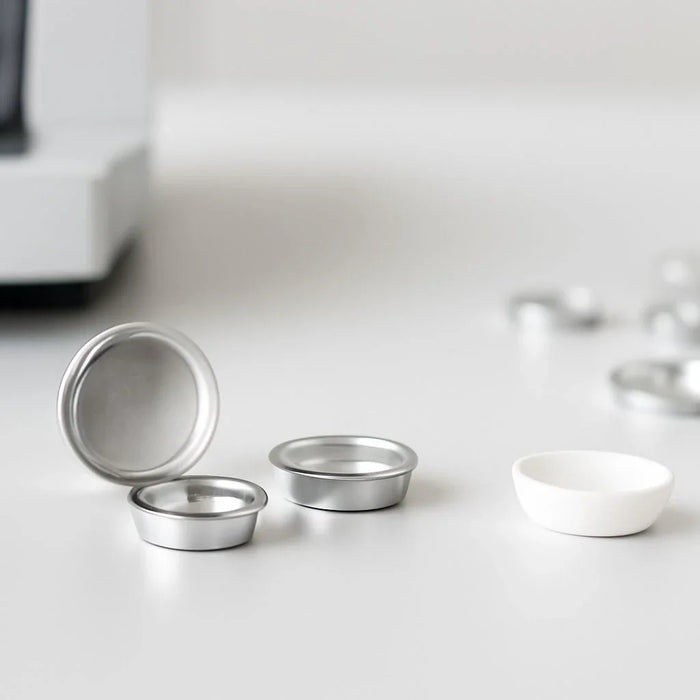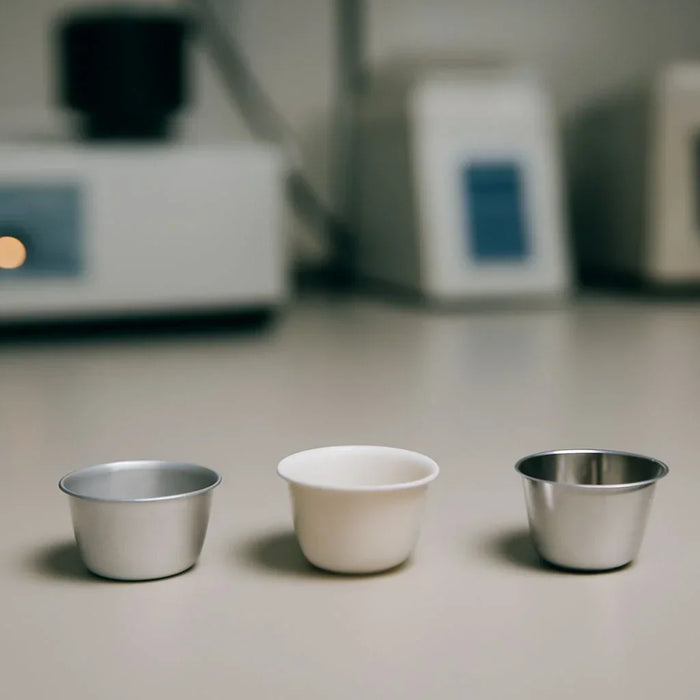
DSC Crucibles Showdown: Aluminum vs. Ceramic vs. Platinum – Which Reigns Supreme for Your Specific Thermal Analysis Needs?
The best DSC crucible material depends on your specific thermal analysis needs. Aluminum is cost-effective for routine polymer tests, offering high thermal conductivity but is limited by its lower temperature range and reactivity with some chemicals. Ceramic (alumina) is more suitable for high-temperature applications and reactive samples, offering better heat resistance and inertness. Platinum provides the highest temperature limits and exceptional chemical resistance, making it indispensable for extreme conditions, such as high-purity research. For general use, aluminum is practical, while ceramic and platinum become essential for more demanding, high-temperature, or corrosive sample tests.

